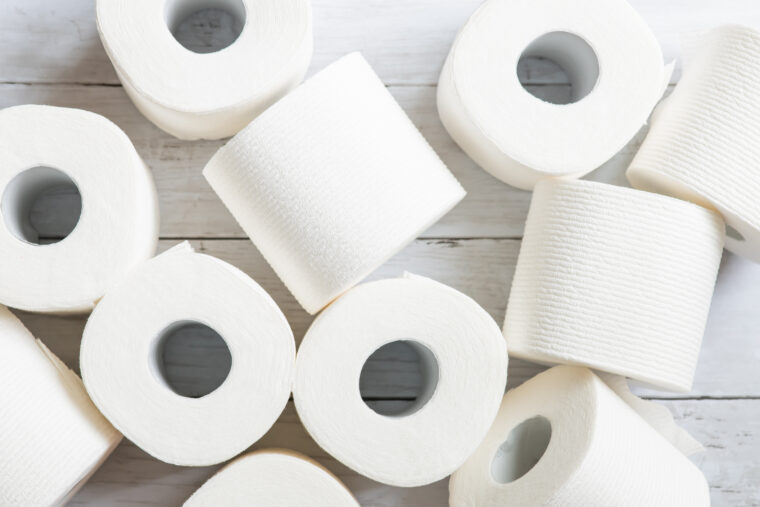The basic reasons and triggers for experiencing difficult bowel movements are relatively well-known, but this doesn’t make having a stubborn stool or constipation symptoms any less distressing when they happen. Despite your best efforts, a stubborn stool can strike when you least expect it and without fair warning. We know that this can lead to feelings of frustration, anxiety and occasionally even shame. But it’s important to remember that you are not alone and that help is at hand.
There are several things that could be the root cause of a stubborn stool, a good few of which can be addressed by lifestyle or dietary changes.
A lack of exercise is one possible cause of a stubborn stool or constipation symptoms. Getting moving regularly also helps keep the muscles in your intestines active, which keeps poo moving swiftly through your digestive system. When you’re inactive, your intestinal muscles are less active too – meaning that you may experience slower bowel movements which lead to your stool staying in your body longer, losing moisture and becoming more difficult to pass.
A lack of hydration can have the same effect. If your body is not getting enough water, it can absorb water from the poo in your bowels – again making them harder, drier and more difficult to move out of the body. As we have previously mentioned, this is how Movicol® can help; the macrogol in Movicol® binds with water, drawing it into your bowel and making your stool softer and easier to pass.7
A lack of fibre can also be a factor in constipation. Fibre bulks out your poo, helping it to retain the water that makes it softer and easier to move along your digestive system. A diet lacking in fibre leads to smaller, harder poos that are difficult to pass – and in this case you should try eating more fruits, vegetables, wholegrains and legumes to reduce constipation symptoms.
While those factors can be tackled with adjustments to activity levels, or paying closer attention to what you eat or drink, other causes may be trickier to address.
Stress and anxiety is known to have a considerable impact on the digestive system. For example, times of stress or anxiety can cause your body to alter the function of digestive organs such as the intestines, potentially leading to constipation symptoms.8
Some medications can have side effects of a stubborn stool or constipation symptoms – opioid-based pain medication in particular, but also some antidepressants, antacids, antispasmodics, diuretics and iron supplements. Such medications may slow the movement of waste through the intestine, thereby leading to constipation – which can be particularly difficult to deal with if you’re taking medication for a chronic condition. In these circumstances we recommend you contact a healthcare professional.9
IN SUMMARY
Stubborn stools or constipation can be caused by: a lack of fibre, hydration or exercise; an increase in stress or anxiety; side effects of some medications (especially opioids).





